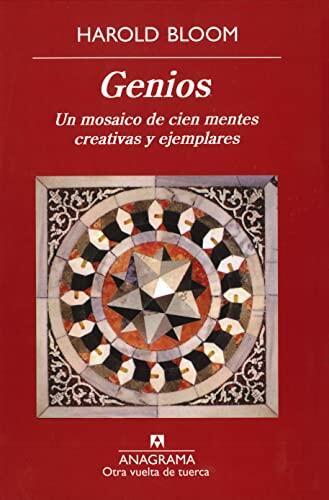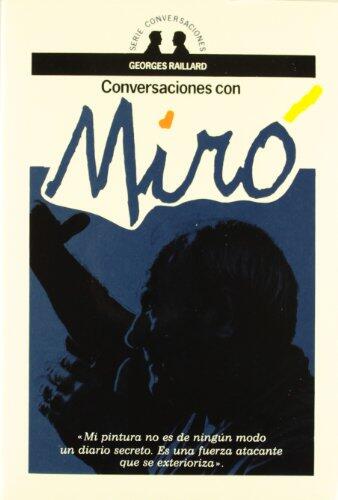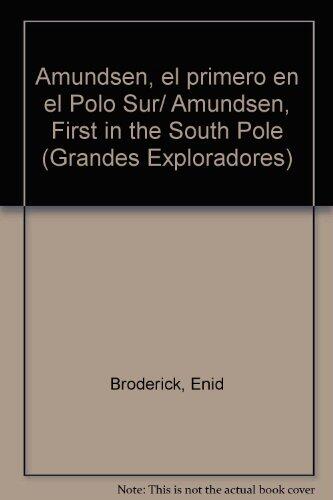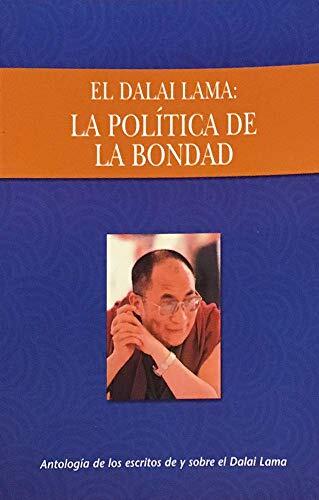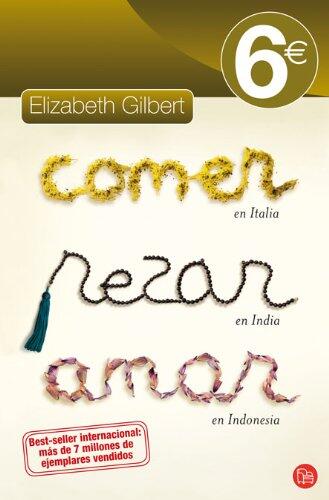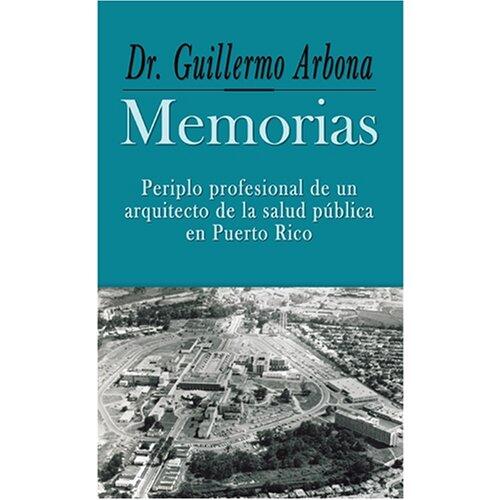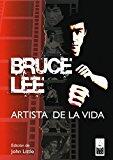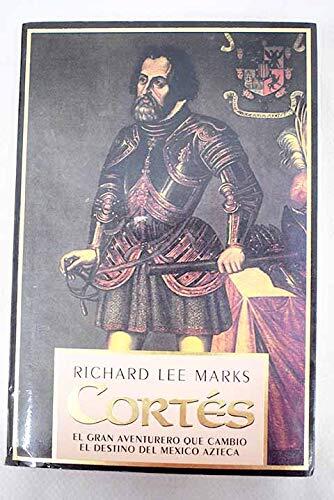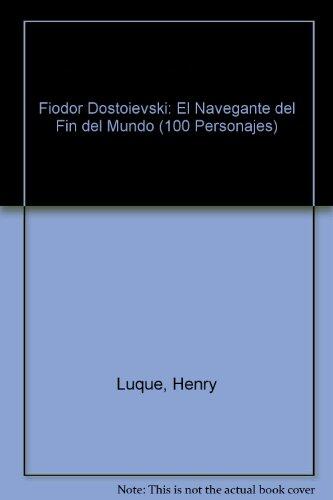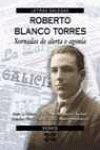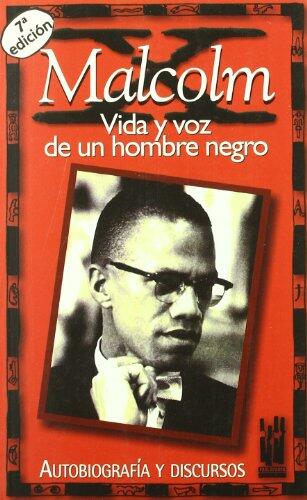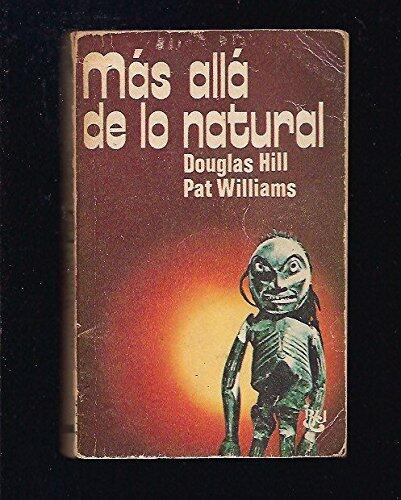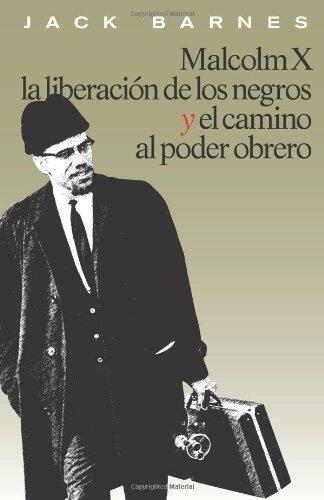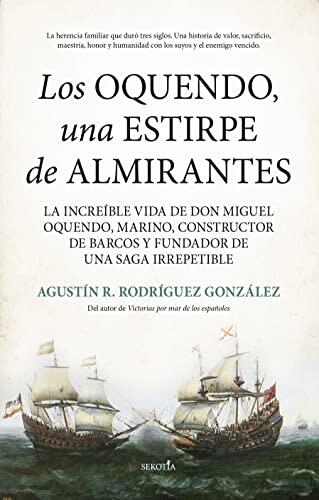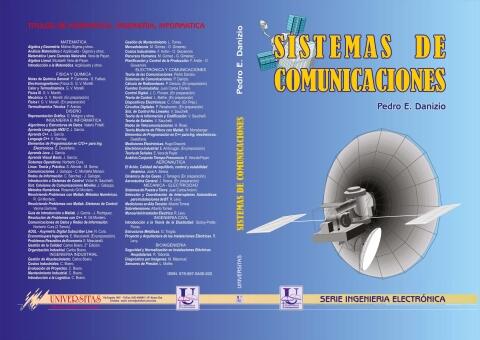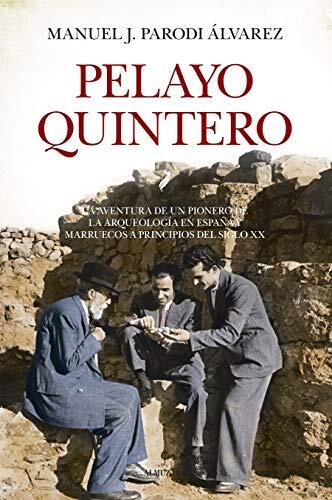
Pelayo Quintero: La aventura de un pionero de la Arqueología en España y Marruecos a principios del siglo XX
によって
Manuel J. Parodi Álvarez
まだ評価がありません
Biography
形式
ペーパーバック
ページ数
192
言語
スペイン語
公開されました
Apr 27, 2021
出版社
Almuzara
版
1
ISBN-10
8418578327
ISBN-13
9788418578328
説明
In the early 20th century, Pelayo Quintero emerged as a trailblazer in the realms of archaeology, making significant contributions to the understanding of Spain and Morocco's rich historical landscapes. This account charts Quintero's passionate pursuit of knowledge, showcasing his relentless spirit and dedication to uncovering the past. He delved deeply into ancient ruins and artifacts, sparking a revolution in archaeological practices during a transformative era in both nations.
As a pioneer, Quintero faced numerous challenges, from navigating the complexities of archaeological politics to contending with the cultural sensitivities of the regions he explored. His adventures were not merely about unearthing relics; they represented a deeper quest for identity and heritage in a rapidly changing world. Through vivid storytelling, readers are taken on a journey that blends meticulously researched historical insights with the personal trials and triumphs of an inquisitive mind.
The narrative also reflects on the broader impact of Quintero's work, highlighting how his discoveries shaped the understanding of regional history and influenced future generations of archaeologists. Parodi paints a multi-dimensional portrait of a man whose legacy is intertwined with the very fabric of archaeological practice in Spain and Morocco.
In illuminating Quintero's life and pursuits, this exploration offers more than just a biography; it serves as a testament to the enduring human spirit's quest for knowledge and connection with the past. Through Quintero's life, readers gain insight into the evolution of archaeology and the deep roots of cultural heritage that continue to resonate today.
As a pioneer, Quintero faced numerous challenges, from navigating the complexities of archaeological politics to contending with the cultural sensitivities of the regions he explored. His adventures were not merely about unearthing relics; they represented a deeper quest for identity and heritage in a rapidly changing world. Through vivid storytelling, readers are taken on a journey that blends meticulously researched historical insights with the personal trials and triumphs of an inquisitive mind.
The narrative also reflects on the broader impact of Quintero's work, highlighting how his discoveries shaped the understanding of regional history and influenced future generations of archaeologists. Parodi paints a multi-dimensional portrait of a man whose legacy is intertwined with the very fabric of archaeological practice in Spain and Morocco.
In illuminating Quintero's life and pursuits, this exploration offers more than just a biography; it serves as a testament to the enduring human spirit's quest for knowledge and connection with the past. Through Quintero's life, readers gain insight into the evolution of archaeology and the deep roots of cultural heritage that continue to resonate today.

